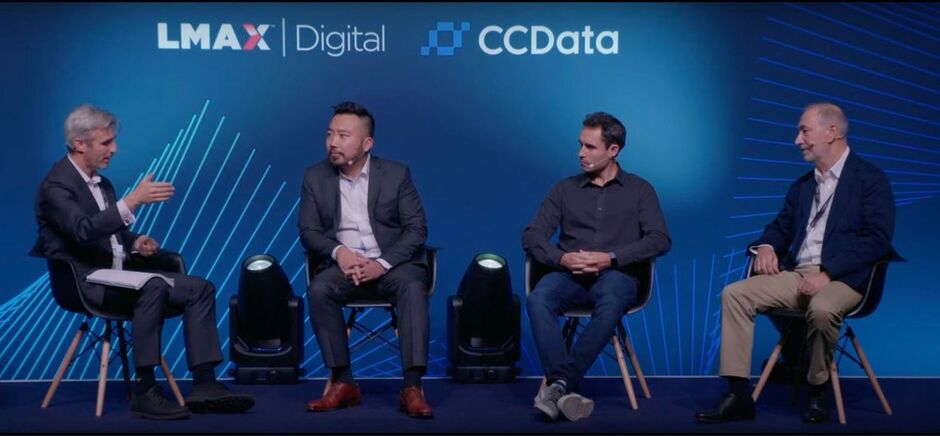In a notable revelation at the CCData Digital Asset Summit, JPMorgan’s blockchain department head, Tyrone Lobban, shed light on the evolving priorities within finance. Contrary to the hype surrounding cryptocurrencies, JPMorgan is now placing more emphasis on asset tokenization. This shift in focus raises intriguing questions about the future of blockchain and traditional assets.
The Blockchain Wave: Traditional Assets on the Blockchain
The financial industry has been abuzz with discussions on integrating traditional assets onto the blockchain. Over the past year, it has become increasingly evident that major banks, brokerage firms, and asset managers are actively exploring opportunities presented by both public and private blockchain networks. The goal? To streamline processes, enhance transparency, and unlock new possibilities in traditional assets.
Tokenization VS Cryptocurrencies: A Distinct Shift

Tyrone Lobban’s remarks highlight a crucial distinction between the blockchain and crypto space. While cryptocurrency discussions have garnered substantial attention in the media, JPMorgan’s clients seem to be steering towards a different avenue—asset tokenization. In Lobban’s words, “Some customers don’t want to get involved with blockchain technology right now. 99% of conversations in general are about how to tokenize assets, not which cryptocurrency is better.”
You might also be interested: $4 Trillion Crypto Market in 5 Years: Opinions
The Appeal of Asset Tokenization
Asset tokenization involves representing ownership of physical or financial assets as digital tokens on a chain. This approach offers a host of advantages, including:
Liquidity Enhancement
Tokenizing assets can make traditionally illiquid investments more accessible and divisible. This added liquidity can attract a wider range of investors.
Fractional Ownership
Investors can purchase fractions of tokenized assets, making it easier for them to diversify their portfolios without committing to entire assets.
Transparency and Security
Blockchain technology ensures transparency and immutability, reducing the risk of fraudulent activities and providing a secure environment for asset transactions.
Cost Efficiency
By automating various processes, such as compliance and settlement, asset tokenization can significantly reduce operational costs.
The Evolution of Cryptocurrency Investments
Lobban’s statement also hints at a broader sentiment in the cryptocurrency market. The days when Bitcoin and other cryptocurrencies could deliver astronomical returns on investment appear to be waning. As the market matures, investors become more discerning and seek alternatives beyond speculative assets.
A New Chapter in Finance
JPMorgan’s pivot towards asset tokenization underscores the transformative potential of blockchain technology in the financial sector. While cryptocurrencies have played a pivotal role in bringing blockchain to the forefront, the focus is now shifting towards tangible applications that can revolutionize the way we interact with traditional assets.
As asset tokenization gains momentum, it is likely to reshape investment landscapes, offering both investors and institutions new avenues for growth and diversification. The evolution of blockchain solutions and their applications in traditional finance promises to be a fascinating journey, one that JPMorgan and many others are evidently keen to embark upon.

